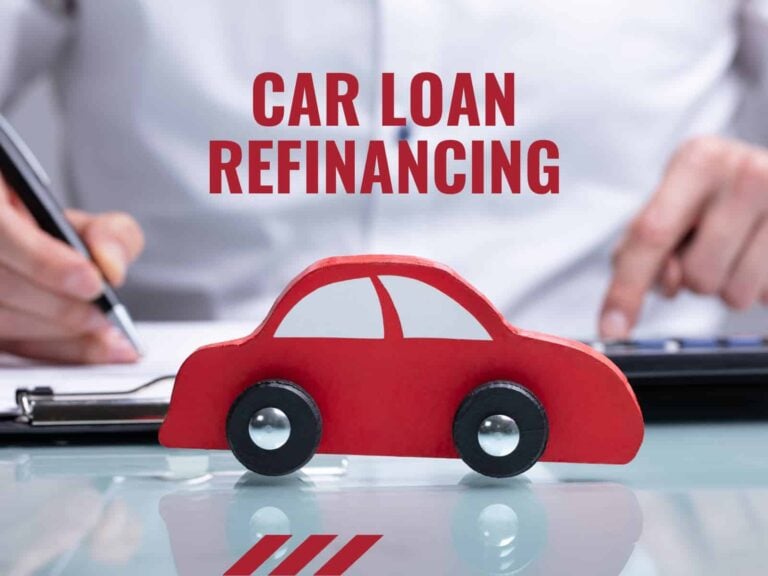New Jersey Debt Relief
New Jersey, though the fourth smallest of the United States by geographic area, is actually the single most densely populated state in the country, and with a population just shy of nine million, ranks eleventh in the nation. In 2016, New Jersey also ranked as the third wealthiest state in terms of median household income, coming in at $76,126, a figure that handily exceeded by 38% the national median household income level of $55,075. In 2016, New Jersey’s gross state product, driven by heavy activity within the pharmaceutical, financial and telecommunication industries, ranked eighth in the nation at $575.3 billion.

More New Jersey Economic Statistics
More New Jersey Economic Statistics
New Jersey’s home ownership rate checks in right in line with the rest of the country at 63%. Given the state’s higher unemployment rate and credit card debt levels relative to the rest of the nation, it makes sense that the typical New Jersey resident’s credit profile is not quite as strong as that of the average United States citizen. Accordingly, compared with the 2016 nationwide average FICO score of 699, the typical New Jersey resident’s 2016 FICO score came in considerably lower at 671.
Debt Collection in New Jersey
If you’re a New Jersey resident and are feeling the pressure that comes with mounting debt levels, you have rights. Credit Card companies, New Jersey casinos, and other creditors are permitted to contact New Jersey residents directly regarding debts, particularly in a situation involving delinquent payments. However, creditors and debt collection agencies are required to comply with the Fair Debt Collection Practices Act and are prohibited from taking certain actions. These prohibited actions include informing employers about the debt or calling a debtor while at work if the debtor has informed the creditor not to do so.
Furthermore, if the debtor has engaged an attorney, the creditor must speak to the attorney directly regarding the debt and is prohibited from speaking to the debtor. Creditors and debt collection agencies are also prohibited from communicating in a manner that simulates a judicial process or gives the appearance of a governmental action, and they cannot attempt to collect an amount greater than the debt owed. Finally, creditors and debt collection agencies are prohibited from contacting debtors at unusual hours or with a frequency that may be reasonably construed under the law as harassment or abuse.
New Jersey Statute of Limitations on Debt Collection
When enough time passes in a situation in which consumer debts have gone unpaid, a debt collector can lose the legal right to sue for non-payment. In the state of New Jersey the statute of limitations for collecting on all debts is six years. This statute of limitations applies to all debts – written contracts, promissory notes, and open-ended accounts – including credit cards.
The clock on the six-year time period starts ticking from the “date of default,” which is typically thirty days after the last payment was actually made. However, it follows that if your unpaid debts remain unpaid and the full six years have yet to elapse, your creditors maintain legal right to sue you for non-payment and are permitted to engage debt collection agencies who can make persistent attempts at collection while remaining within bounds of the Fair Debt Collection Practices Act.


New Jersey State Residents and Debt Settlement
If you are a resident of New Jersey and are currently burdened by high levels of unsecured debt – including credit card accounts, private student loans and unpaid medical bills – the process of pursuing debt settlement may make sense for you. Debt settlement occurs when a debtor successfully negotiates a payoff amount for less than the total balance owed on a debt. This lower amount is agreed to by the creditor or collection agency and is fully documented in writing. Ideally, this lower negotiated amount is paid off in one lump sum, but it can be paid off over time. Though creditors are under no legal obligation to accept debt settlement offers, negotiating and paying lower amounts to settle debts is far more common than many people may realize.
Decide whether you possess the background, wherewithal and fortitude to negotiate directly with creditors yourself, or whether engaging the services of an experienced and reputable debt settlement company will serve your needs best. Remember, the goal is to save the most money and time while minimizing any damage to your credit profile as best as possible. A reputable debt settlement company will provide a realistic estimate and time frame for making offers to creditors that can ultimately result in settlements that save you significant amounts of money. At United Settlement, our experienced credit counselors possess relationships with the major credit card lenders, along with an understanding of the marketplace, that can help you navigate these waters effectively.
Debt Resources & Additional Reading
New Jersey Debt Settlement FAQ
Additional Related Insights & Articles
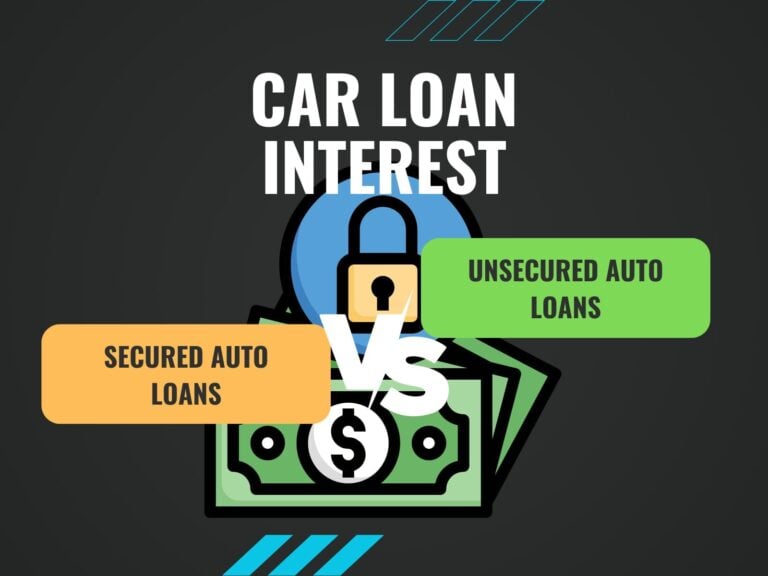
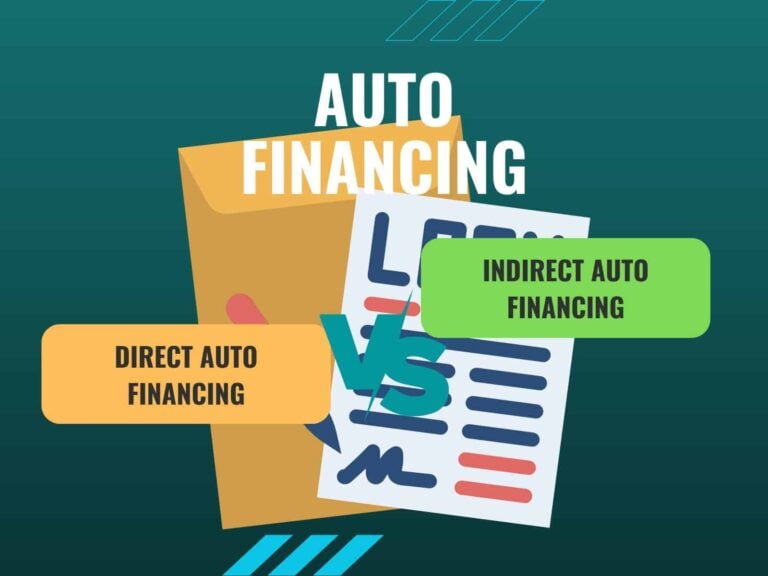
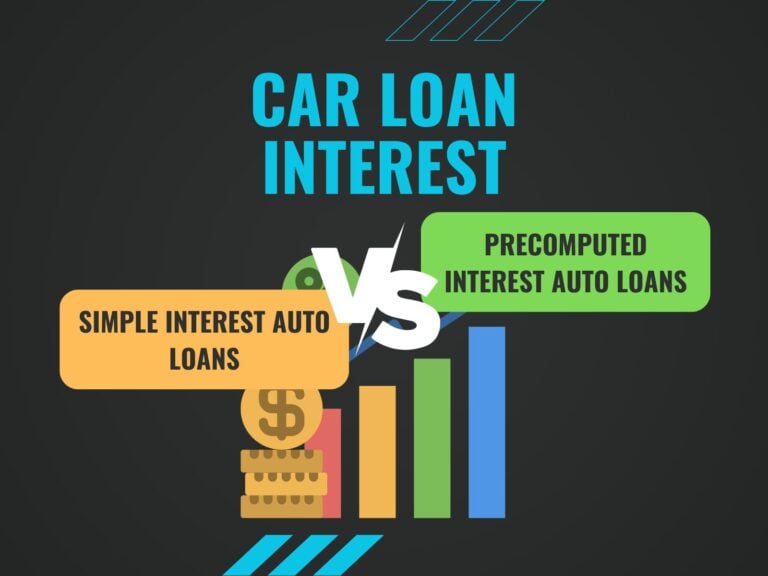
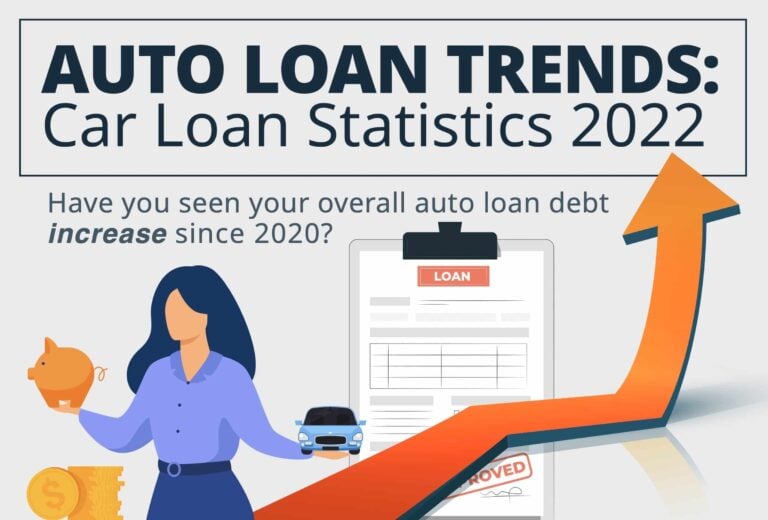



Debt Relief Reviews

Ready To Get Started?
See if you qualify for debt relief. Get a Free savings estimate to see how quickly you can be debt free.
Embrace financial freedom with our tailored solutions, expert guidance, and unwavering commitment to your success.
Experienced Professionals
Our experienced team has helped thousands of clients successfully eliminate debt and regain financial freedom.
Customized Solutions
We know every financial situation is different, so we design personalized debt relief plans to fit your specific needs and goals.
High Success Rate
Our proven debt relief strategies deliver real results. With a strong track record of success, we help clients achieve lasting financial stability.
Confidential Consultation
Your privacy is our priority. All debt relief consultations are 100% confidential and handled with the highest level of discretion.


